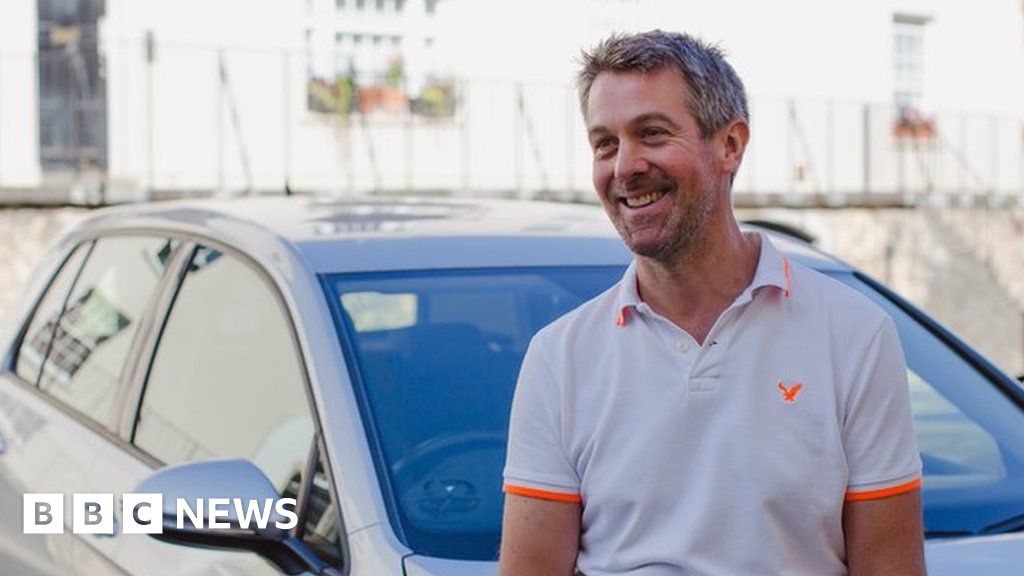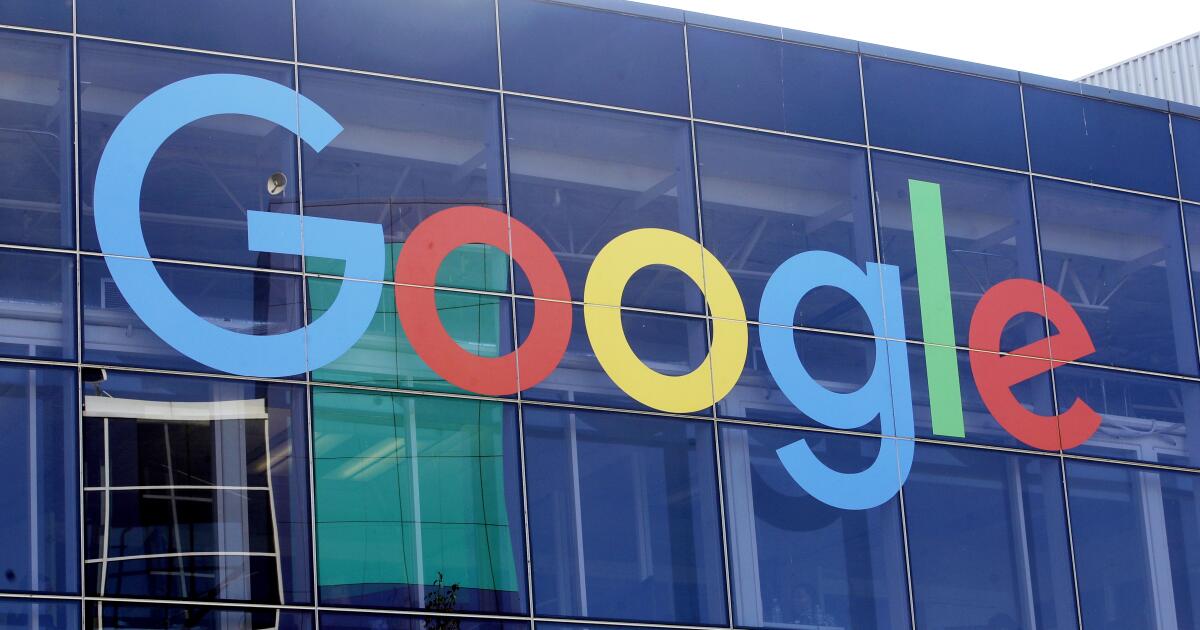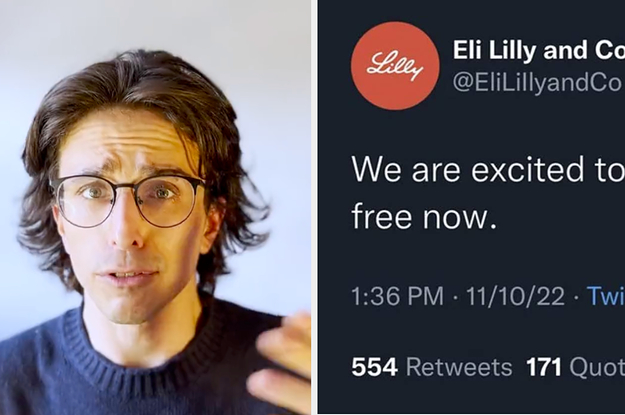‘Covid and criminals ruined my Airbnb for cars idea’
A UK entrepreneur explains why his idea to build a car-sharing network like Airbnb didn’t work out.

A UK entrepreneur explains why his idea to build a car-sharing network like Airbnb didn’t work out.

An online game based on the PlayStation hit is officially halted by developer Naughty Dog.

Technology 01 December 2023, 4:40 am 1 minute Reuters reported that Google (GOOGL.O) has called on Britain’s antitrust regulator to take action against Microsoft (MSFT.O), claiming its business practices had left rivals at a significant disadvantage. Market Impact In 2022, Amazon Web Services (AWS) and Microsoft’s Azure had a combined 70-80% share of Britain’s public…

The public has been riveted for weeks by the most important federal trial for the tech world in a quarter-century. The criminal trial of accused cryptocurrency scam artist Sam Bankman-Fried, right? No, not that. We’re talking about U.S. vs. Google, a massive antitrust trial unfolding in a federal courtroom in Washington, D.C. Google is their…

Blazers brushed up against streetwear. Miniature cameras dangled from a woman’s earrings. One man’s hoodie read: “Rendered With Love.” Envoys from two parallel planets, software and showbiz, mingled in the Cary Grant Theatre on Thursday evening as they waited for the show to begin. Some recalled tales from the Cannes Film Festival; others debated the…

Could humans suffer the same fate as the dinosaurs? While there’s still a lot of uncertainty around the risk potentially posed by artificial intelligence, some experts have some concerns AI could trigger humankind’s downfall. But even more alarming: scientists believe there’s a 50% chance AI will outperform humans in the next 20 years or so….

But there is another possible reason Eli Lilly is making this change: Elon Musk’s bumbling of the Twitter Blue verification rollout, and one guy from Queens who decided to exploit it to troll Eli Lilly. In early November 2022, Twitter started offering verified checkmarks to paid $8-per-month Twitter Blue subscribers. The first few days were…